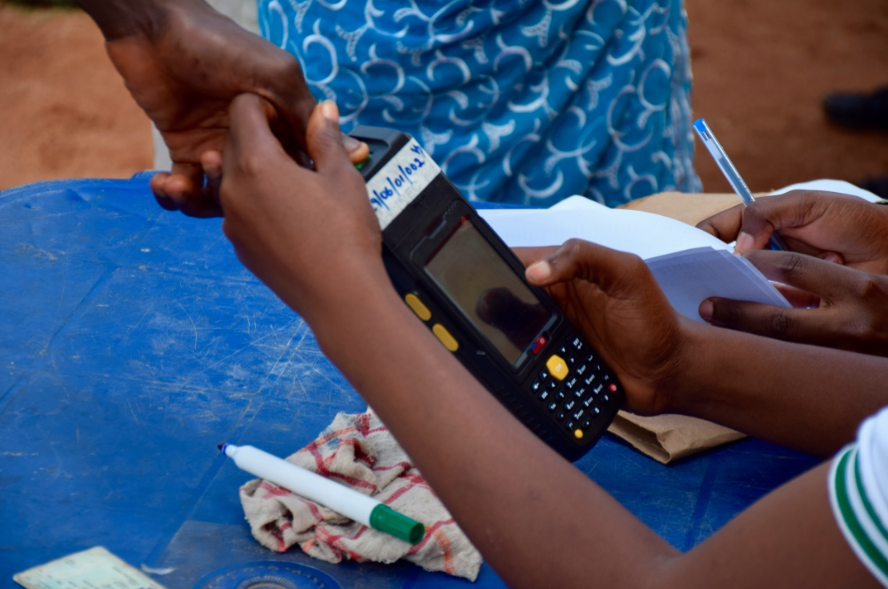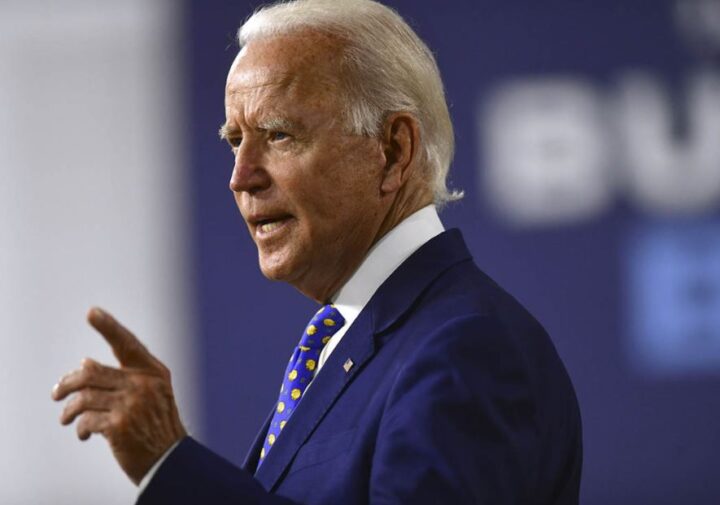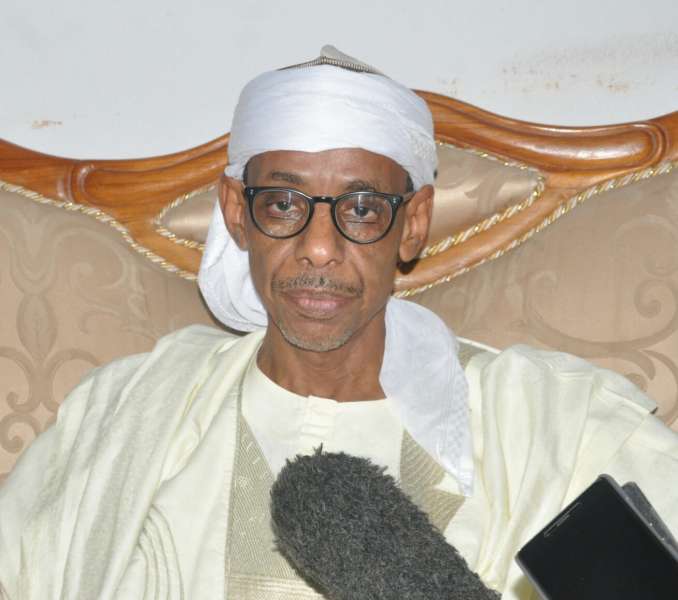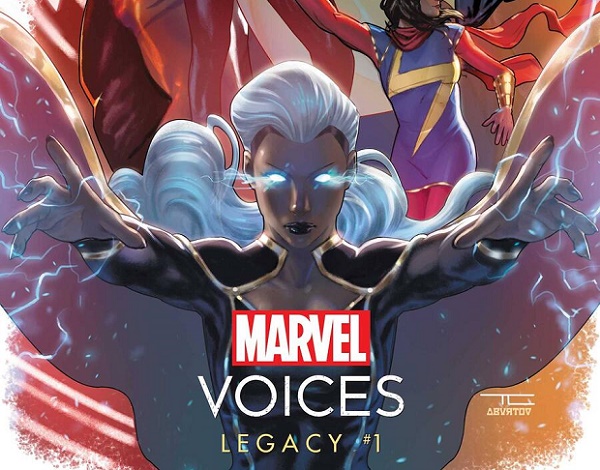Who would have thought that some “stakeholders” will propose that married underage girls be recognised as eligible voters? Anyway, it happened.
In December, the national assembly joint committee on the Independent National Electoral Commission (INEC) made the recommendation to a technical committee which will work on the new electoral law proposed by the federal lawmakers.
The proposal came two weeks after the lawmakers held a public hearing on a bill seeking to amend the electoral act in November.
The recommendation was greeted with harsh criticisms and some citizens alleged that it is ploy by the north to have the upper hand in producing the president by way of rigging — an allegation that has not been proved.
Advertisement
Already, the north is seen to have a large population even though the last census was conducted more than 10 years ago. Taking Kano as an example, President Muhammadu Buhari polled 1.9 million votes in 2015 polls and 1.4 million in 2019.
It is believed that the north has the majority of underage brides in the country which could mean more voting population for the region.
The constitution currently pegs the eligible age for voting and marriage at 18. A 2016 report said one out of two girls under 18 years and one in five girls under 15 are married.
Advertisement
The report also noted these girls are susceptible to HIV/AIDS, cervical cancer, and Vesicovaginal Fistula (VVF).
But speaking at inauguration of the technical committee, Kabiru Gaya, chairman of the senate committee on INEC, said the recommendation recognising underage married girls as eligible voters was a unanimous decision by the joint panel.
“The joint committee has proposed that if a lady who is not up to 18 years is married, she should be considered to be mature enough and be eligible to vote,” Gaya had said.
Opposing the senator’s view, Mahmood Yakubu, INEC chairman, said the issue of voting age is a constitutional matter, adding that the law also recognises 18 as marriageable age.
Advertisement
However, the federal lawmakers insisted that the technical committee work on the recommendation.
After some much backlash, Gaya on February 2, said his committee had dropped the recommendation after deliberating on the matter extensively.
While speaking with reporters on the sidelines of a forum organised by NAN in Abuja, the senator said those stakeholders who made the proposal were well in their right to do so.
“Generally there was a lot of noise about. It was in a memorandum submitted by a group of people and they have their rights as Nigerians,” he said.
Advertisement
“But when we came to the committee, we discussed a lot on that and at the end of the day, we felt we could not go along with that suggestion and it was dropped.”
It is not uncommon to see many post-election litigation in Nigeria, with candidates claiming that they won whatever position they contested for.
Advertisement
Passing a law that recognises married underage girls as voters may only impede the country’s electoral process and bring about confusion because the constitution has 18 as the eligible age to vote.
Whereas the constitution is superior to any act or law, litigants will always want to have their day in court and if a case goes in an applicant’s favour, a “bad” precedent would have been set.
Advertisement
The trust of Nigerians in the system to deliver on their expectations has since waned. Enacting a not-well-thought-out law will only put the electoral process in jeopardy going by the aforementioned concerns.
Advertisement
Add a comment







